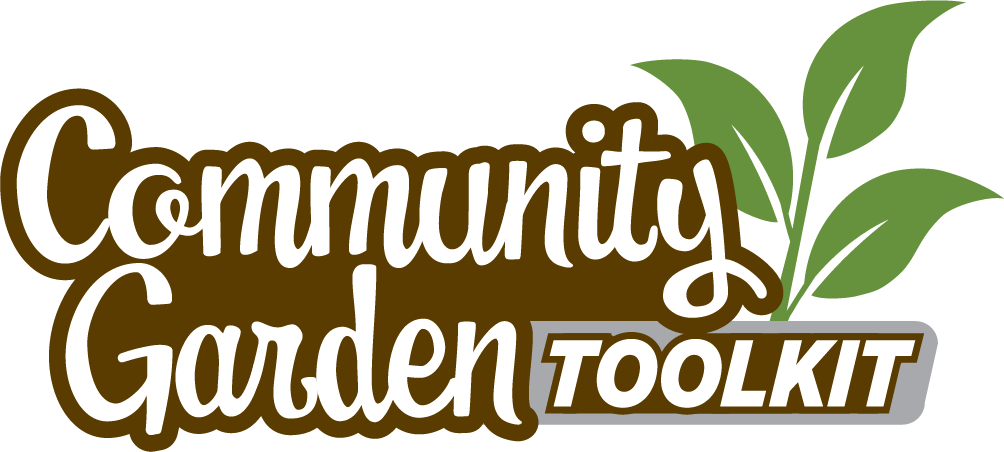Community Garden Benefits
Rooted in Community: How a Simple Garden Can Transform a Neighborhood
The seeds of change don’t always start in big boardrooms or city planning meetings. Sometimes, they take root in an empty lot, a forgotten corner of a park, or even a churchyard. Community gardens are more than just places to grow food—they’re living, breathing proof that people can come together to create something meaningful.
A well-tended urban garden has a way of turning strangers into neighbors and neighbors into friends. It’s where fresh tomatoes grow next to fresh ideas, where people from all walks of life dig in—literally and figuratively—to build something bigger than themselves. And the benefits? They stretch far beyond the garden fence.
More Than Just Vegetables: Growing a Stronger, Healthier Community
Sure, there’s nothing quite like the taste of a homegrown tomato still warm from the sun. But the true power of a community garden lies in what it cultivates beyond the soil.
Strengthening Social Ties
- Gardens bring people together. Whether it’s a neighborhood project, a church-led initiative, or a corporate-sponsored green space, these gardens become gathering places where relationships grow as naturally as the plants.
- They create opportunities for mentorship, where seasoned gardeners pass down skills and knowledge to younger generations.
- They provide common ground—literally. People from different backgrounds, cultures, and experiences find themselves working side by side, building friendships in the process.
Enhancing Public Spaces & Neighborhood Revitalization
- A well-maintained garden transforms an underutilized space into a vibrant, welcoming environment, adding beauty and greenery to the community.
- Green spaces make neighborhoods more inviting, which can lead to increased foot traffic for local businesses.
- Studies have shown that well-kept community gardens contribute to lower crime rates by fostering a sense of ownership and care over shared spaces.
Increasing Property Values
- As more people recognize the value of green spaces, homes near community gardens are becoming increasingly desirable. A well-maintained garden is seen as a neighborhood asset, drawing in buyers and renters who appreciate fresh produce, nature, and community engagement.
- The aesthetic improvement of a neighborhood through gardening has a direct impact on property values, making the surrounding area more attractive to prospective homeowners and investors.
- The sense of pride and stewardship that comes with a community garden can lead to better-maintained properties and a stronger overall appeal for the neighborhood.
Health & Well-Being: Fresh Air, Fresh Food, Fresh Perspective
- Access to fresh, nutritious food is life-changing, especially in neighborhoods where grocery stores are few and far between. A community garden provides an affordable, local source of fruits and vegetables.
- Gardening is physical activity—digging, planting, weeding, and harvesting all contribute to a healthier lifestyle.
- There’s also a mental health boost. Studies show that spending time in green spaces reduces stress, anxiety, and even depression. For organizations focused on mental wellness—such as schools, churches, and community centers—gardens can serve as peaceful retreats.
Environmental Benefits: A Greener, Healthier City
- Community gardens turn underutilized spaces into thriving ecosystems, creating homes for pollinators, improving biodiversity, and even helping to manage stormwater runoff.
- Growing food locally means fewer miles traveled from farm to table, reducing the carbon footprint of what we eat.
- Urban gardens improve air quality and help cool down city spaces, providing natural relief from the “heat island effect.”
Education & Empowerment: Hands-On Learning for All Ages
- Community gardens are outdoor classrooms where kids and adults alike can learn about gardening, sustainability, and nutrition.
- They provide opportunities to develop new skills—from composting to crop rotation—and empower people to take an active role in their food system.
- Schools, libraries, and community groups often partner with gardens to create educational programming, helping to foster a new generation of environmentally-conscious citizens.
A Place for Everyone: How Different Groups Benefit from Community Gardening
Neighborhoods & Residents – Gardens beautify public spaces, provide food security, and strengthen social bonds between neighbors. They create a shared sense of ownership and pride, making communities more welcoming and connected.
Nonprofits & Community Organizations – From food pantries to youth programs, community gardens can be an extension of a nonprofit’s mission, providing fresh food, job training, or a peaceful space for healing and growth.
Schools & Libraries – A school garden is an incredible educational tool, offering students hands-on lessons in science, health, and environmental stewardship. Libraries can use gardens to foster community engagement and lifelong learning.
Churches & Faith-Based Groups – Gardens align with many faith traditions that emphasize stewardship, service, and community care. Churches and religious organizations can use gardens for outreach, food donation, and congregation engagement.
Businesses & Employers – Some companies are investing in workplace gardens, giving employees a place to unwind, connect, and even grow their own produce. Supporting a community garden also shows corporate social responsibility and commitment to sustainability.
Let’s Get Growing
Community gardening is about more than just growing food—it’s about growing relationships, resilience, and a renewed sense of community pride. It’s proof that even in the middle of a busy city, there’s always room for a little more green.
So, whether you’re looking to start a garden for your neighborhood, workplace, school, or organization, one thing is clear: the benefits go far beyond the harvest. A garden is a gift to the people who plant it—and to the entire community around it.
